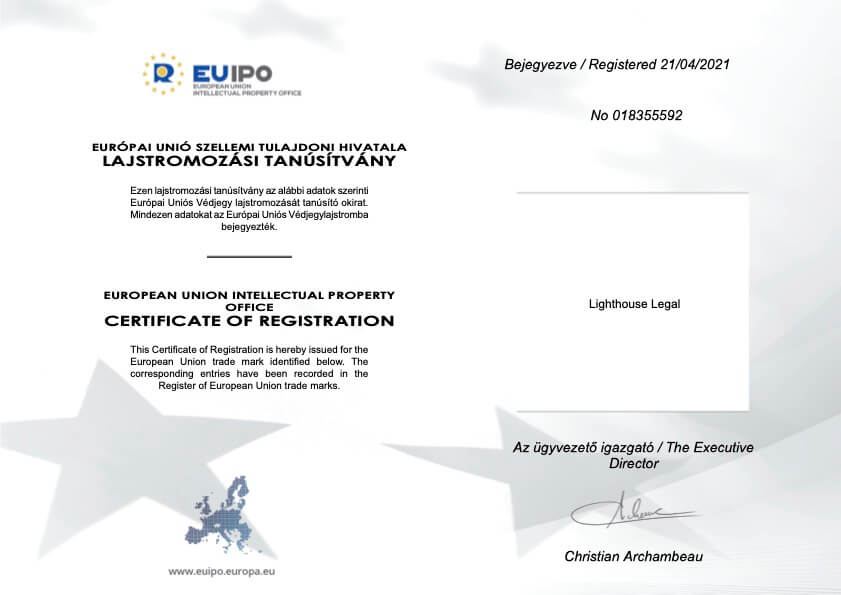
Our client, a domestic industrial company, used the services of several temporary employment agencies constantly in the long term.
The cooperation with the service providers developed organically, however, the separate business units of the company used the service on different terms and conditions. Even within one business unit, the agencies used different contractual arrangements to meet the client's needs.
After a while, constant modifications to the original contracts resulted in the system lacking unity and transparency; therefore, the management felt the need for standardisation.
This was also necessary due to the inability to enforce the requirements of equal treatment in the context of different conditions.
Based on our suggestion, our client released a tender for providing a temporary employment service and invited the current service providers and other temporary employment agencies to participate. However, before the tender had been issued, our client had to decide the exact purpose of the tender, the method of setting service fees, the duration of the tender, the decision-making procedure and the methodology of the evaluation committee.
The tender was designed to include a draft contract for the use of temporary staff. Except for the provisions of the contract concerning fees and contractual guarantees, tenderers had to accept that most of the standard wording of the contract came from the binding terms and conditions of the tender.
Tenderers were given the opportunity to comment and make suggestions on the contract's binding parts before it was finalised.
Treating the tenderers as partners and including their opinions – in a summarised form - in the finalised text was to the satisfaction of the tenderers and contributed greatly to the success of the tender.
In this way, our client was able to assess each candidate's negotiation method and what legal support they use to operate, as well as the values they represented when trying and managing to interpret and assert the interests of the temporary workers, besides their business interests.

